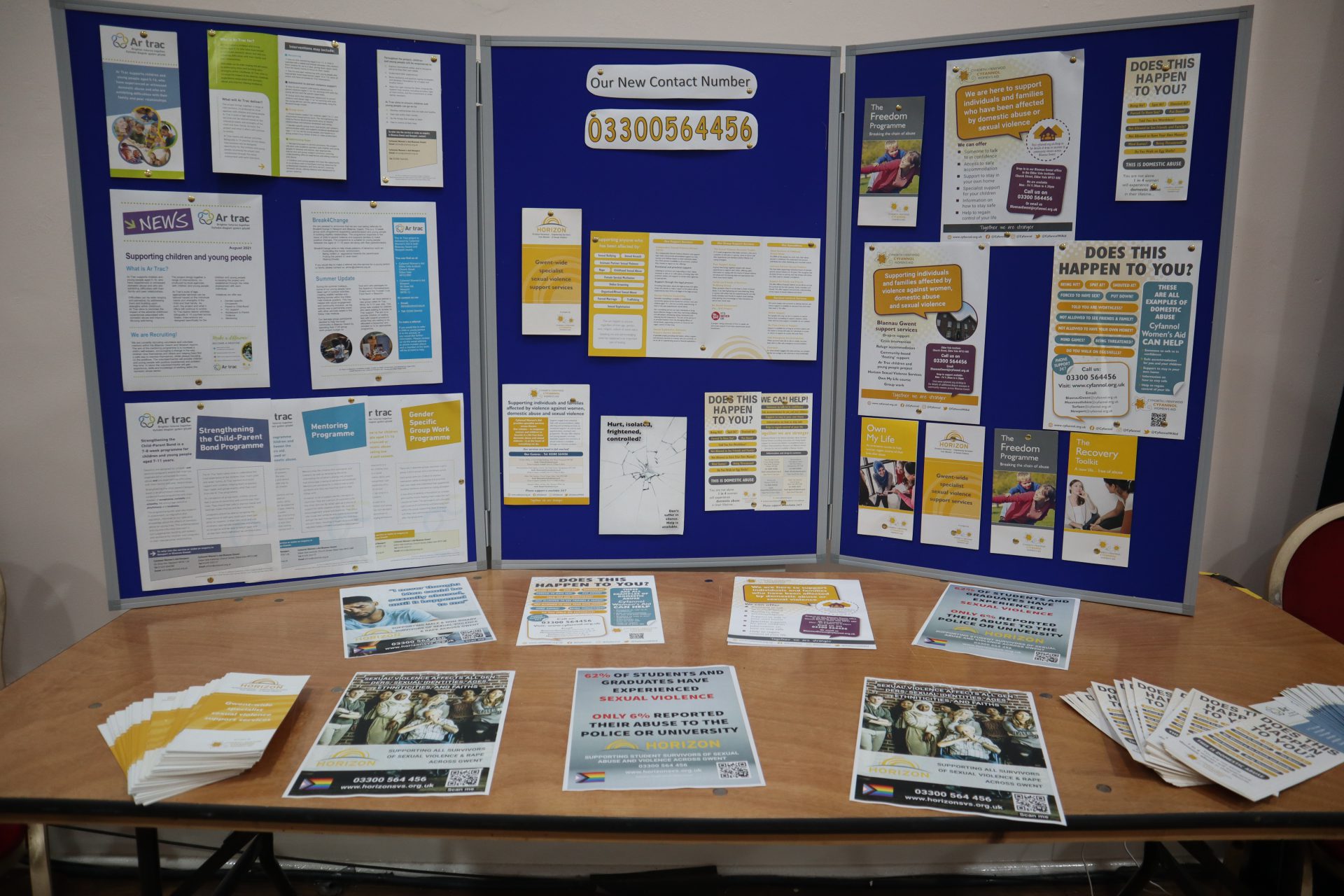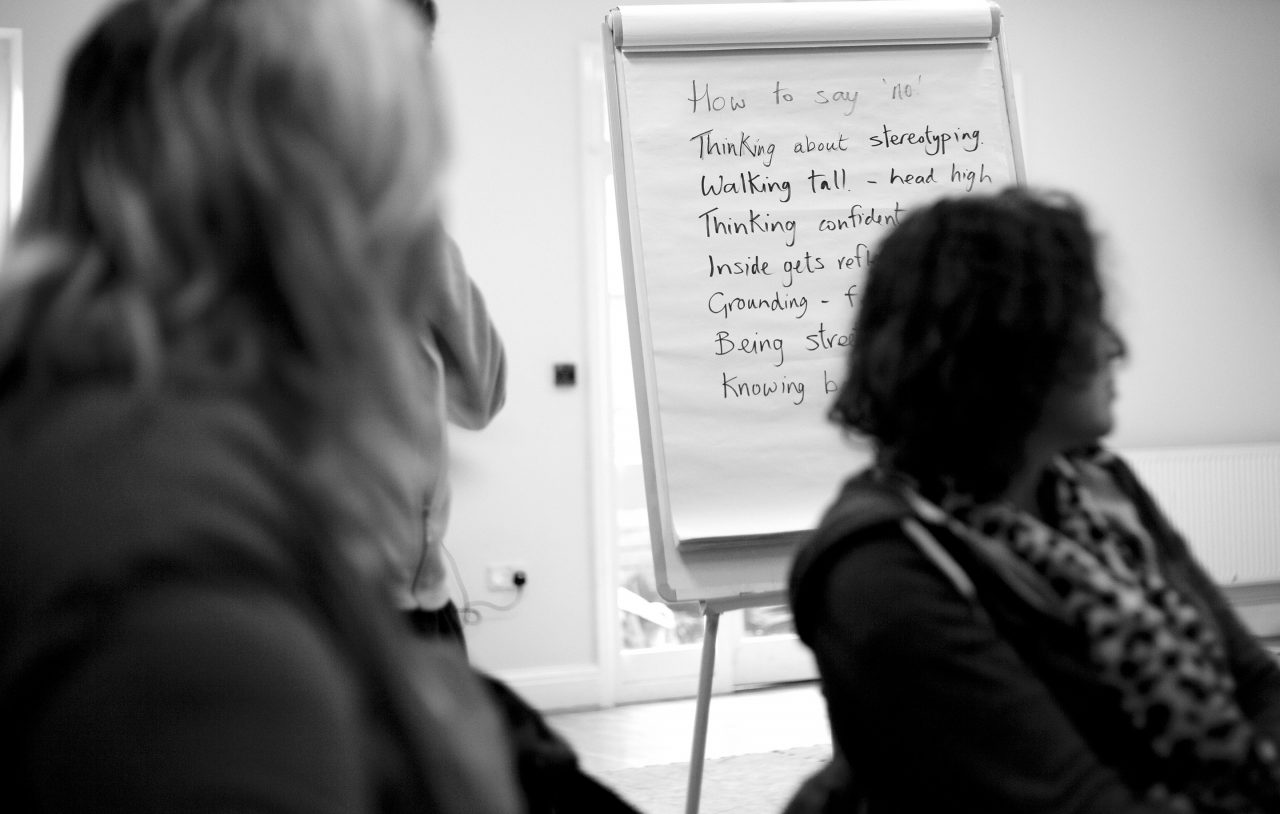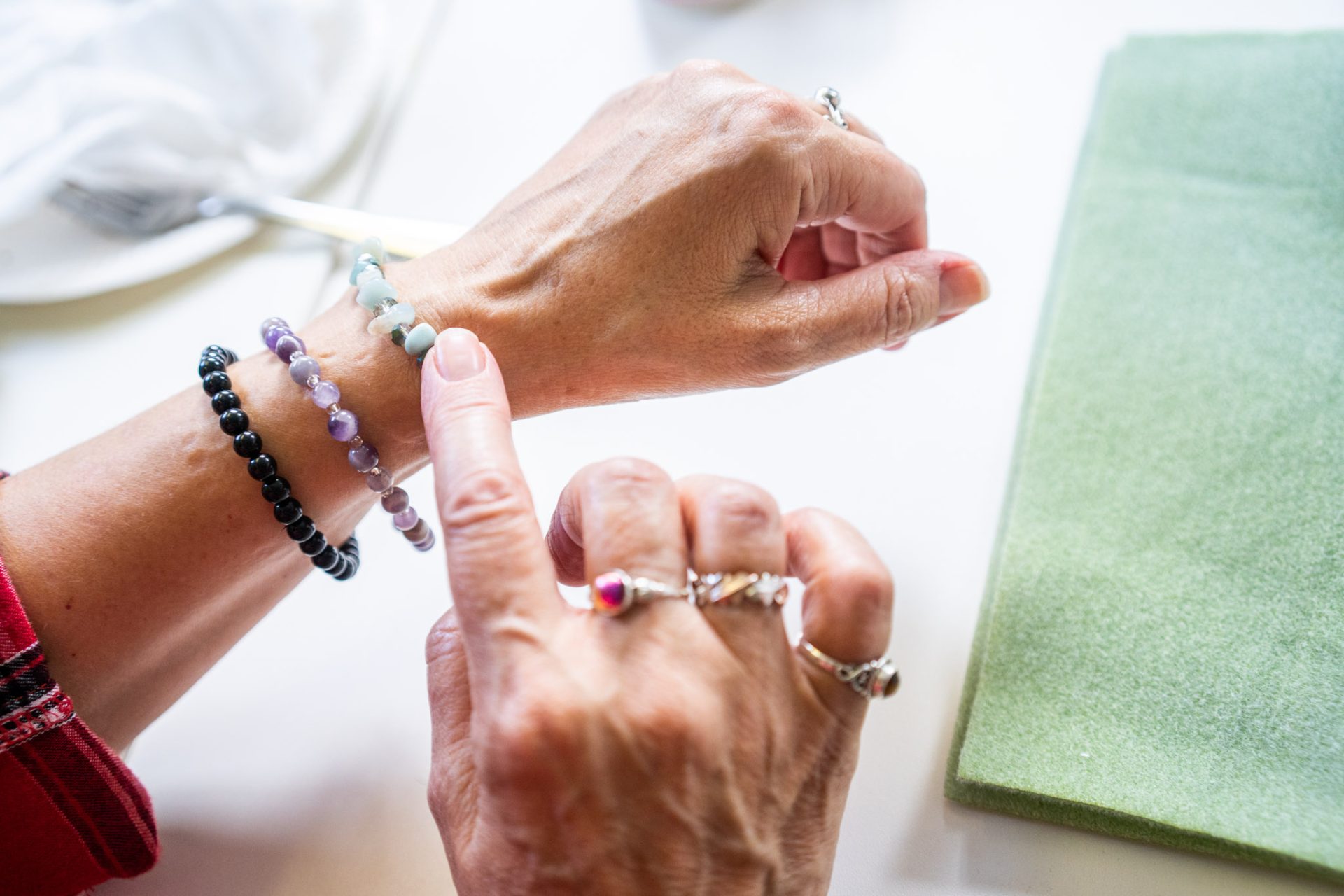For immediate help at any time, please call us on 03300 564456 (24 hour)

For immediate help at any time, please call us on 03300 564456 (24 hour)




Domestic abuse is an incident or pattern of incidents of controlling, coercive, threatening, degrading or violent behaviour, including sexual violence. In most cases, this is perpetrated by a partner or ex-partner, but it can also be inflicted by a family member or carer.
Domestic abuse can happen to anyone. It can occur within the home or elsewhere, and often continues after the relationship between the survivor and perpetrator is over.
If behaviour results in feelings of fear, alarm or distress, it is abuse. You have a right to feel safe and to live fear free.
Although domestic abuse can happen to anyone, data shows that it disproportionately affects women. As such, it is considered a gendered crime, rooted in structural inequality between men and women, and is part of the wider landscape of violence against women and girls (known as VAWDASV).
Women who experience other forms of oppression, such as racism, ableism, homophobia and discrimination due to their immigration status, may face further barriers to disclosing abuse and accessing support.

There are many different forms of domestic abuse – some of which are defined under the headings below:
(Note that these contain descriptions of abuse that may be triggering.)
This refers to a pattern of behaviours that make you feel bad, intimidated, scared or emotionally unsafe. These may include:
Coercive control refers to continuous patterns of behaviour that are intended to exert power or control over a survivor. These behaviours deprive survivors of their independence and can make them feel isolated or scared. This can have a serious impact on a survivor’s day-to-day life and wellbeing.
Coercive control can be tricky for survivors, and those around them, to recognise because the tactics used can be subtle and escalate slowly. Coercive control in a relationship is a recognised form of abuse.
Controlling behaviours may include:
However, there is not a definitive list of behaviours that are classed as coercively controlling. If you feel someone is acting in a way intended to exert power or control over you, then it is wrong and there is support for you.
This involves the use of force or violence to hurt you or make you feel unsafe. This may include:
This is the general term used to describe all forms of non-consensual sexual contact. This may include:
This involves the use of financial methods to control you or to limit your independence.
This may include:
Harassment is behaviour intentionally carried out with the aim of causing a person to feel alarmed, threatened or distressed.
Stalking is a pattern of persistent and unwanted attention that makes you feel pestered, scared, anxious or harassed. Some examples of stalking are:
Taken in isolation, some of the behaviours may seem like small acts, but together they make up a consistent pattern of behaviour that is frightening and upsetting. It’s important to know that stalking is a criminal offence and, because of this, if you go to the police they will take it seriously.
This involves the use of digital or online devices to monitor or control you. This may include:
There is no universally agreed upon definition of ‘honour’-based violence. It is generally used to refer to crimes that have been committed by perpetrators who perceive they are protecting or defending the ‘honour’ of a family or community. These crimes often include forms of domestic abuse and sexual violence.
Such ‘honour’ may be used to justify a range of abusive behaviours, typically against women and girls; however, these are human rights violations and must not be excused for any reason.
So-called ‘honour’-based violence may include:
Forced marriage is where one or both people do not or cannot consent to the marriage and pressure, coercion or abuse by family members or others is used to force them into marriage.
It can involve:
A forced marriage is not the same as an arranged marriage. In an arranged marriage, whilst family members can match the couple to be married, either party has a choice as to whether or not to agree consent for the marriage.
Female genital mutilation (FGM) refers to a range of procedures intended to either injure or partially or entirely remove the external female genitalia for any non-medical reason. It is typically conducted on girls between 1 and 15 years old, but survivors may be older or younger.
Female genital mutilation is a global issue. Some claim it is carried out for religious reasons, but it is not a requirement for any religion and the practice predates most religions. FGM has been condemned by the United Nations and more widely by many religious leaders and organisations around the world.

Sexual violence includes any form of unwanted sexual act or activity, which may be physical or non-physical, that takes place without someone’s full, informed consent.
Sexual violence is used by perpetrators to gain power and control, allowing them to treat survivors with no regard or respect.
Although we talk about ‘sexual’ violence, it is important to remember that sex only occurs when all people involved in the activity are freely and fully consenting.
Consent happens when all people involved in any form of sexual activity choose to take part freely.
Consent may look and feel different to each person. Someone does not need to say ‘no’ explicitly to indicate that they do not give their consent. If someone seems unsure or is quiet or unresponsive, they are not agreeing to participate in sexual activity. Consent can be withdrawn at any time and does not apply universally.
By definition, people must have the freedom and capacity to make that choice in order to give consent.

There are many different types of sexual violence – some of which are defined under the headings below:
(Note that these contain descriptions of abuse that may be triggering.)
Rape is a form of sexual violence and is a serious crime. In England and Wales, the legal definition of rape is when a person intentionally penetrates another’s vagina, anus or mouth with a penis, without the other person’s consent.
It occurs when someone did not want to have sex, did not give their consent for sex to happen or did not give consent for sex in the format in which it occurred.
The law clearly states that it is rape if someone removes a condom without permission during sex or lies about putting one on in the first place – known as ‘stealthing’ – or if the survivor consented to one type of sexual act but not another that was carried out without consent.
Sexual assault refers to any form of sexual act undertaken without consent.
This includes a wide variety of behaviours, such as:
Sexual assault also includes causing a person to engage in sexual activity without their consent, for example:
It is important to remember that sexual assault a broad term. Just because something isn’t included here does not mean it isn’t sexual assault.
Sexual harassment refers to any unwanted sexual behaviour that makes someone feel scared, intimidated, offended or humiliated.
This includes a wide range of behaviours, such as:
These can happen in person, over the phone or online.
Survivors of sexual harassment are often told they are being ‘too sensitive’ or that the behaviour was meant ‘as a joke’, but only the person who experienced it can decide if the behaviour is unwanted or inappropriate.
If any behaviour makes you feel upset, humiliated, scared or unsafe, then it is not OK and may constitute sexual harassment.
This refers to any form of coercion of children into sexual situations. This could be by an adult or an older child and is an abuse of power and trust.
Children look to adults and older children to help them navigate the world and to show them what is and is not OK. The power dynamics make it hard for children to disobey, even when it causes them harm and distress.
Child sexual exploitation (CSE) is also a type of child abuse. This is when a child or young person is forced or encouraged to take part in sexual activity in exchange for something, for example, presents, money or emotional attention.
It is common for survivors of childhood sexual abuse to experience:
However you feel about the abuse you’ve experienced, your feelings are valid.
Human trafficking is a form of modern slavery. It refers to the movement of people from one place to another, either within or across countries, into conditions of exploitation against their will.
This can include sexual exploitation, where survivors are forced to perform non-consensual or sexual acts, such as prostitution, escorting or pornography.
Most survivors of human trafficking are women and children, but it can affect anybody.
Survivors are often coerced into modern slavery by those in positions of power through the threat of penalty or punishment.
Sexual exploitation is where survivors are forced to perform non-consensual or sexual acts against their will.
This may include:
Sexual exploitation can happen to adults or children, and survivors may be groomed over many years so may think it is their fault. This is not the case: all survivors deserve protection and support.
‘Spiking’ is when someone exposes another person to drugs or alcohol without their knowledge or consent. Most commonly, this is through adding substances to drinks. These substances can be colourless, odourless and tasteless, making them very difficult to detect.
Spiking can have serious consequences including:
Spiking is often dismissed as a ‘prank’, but these substances are harmful and can be used to make it easier for perpetrators to commit crimes or forms of violence, such as sexual violence, against another person.
It is important to note that spiking someone takes away their capacity to make a choice about agreeing to sexual activity. Please see our section on consent for more on this.
Regardless of the consequence, spiking is a serious crime. If a perpetrator uses spiking as a vehicle to commit a drug- or alcohol-facilitated sexual assault, they may face additional charges.
If you are a survivor of spiking or drug- or alcohol-facilitated sexual assault, whether recently or historically, it was not your fault and you deserve to be listened to and believed.
If you have been affected by any of these forms of violence and abuse, you can get in touch with us or our colleagues at the Live Fear Free helpline

Our support staff can offer advice via 03300 564456 during office hours (Mon-Fri 9.30am-4.30pm). Outside of office hours, our phone number can be used to access urgent information and advice.

Request a call back from our support services team in your area.